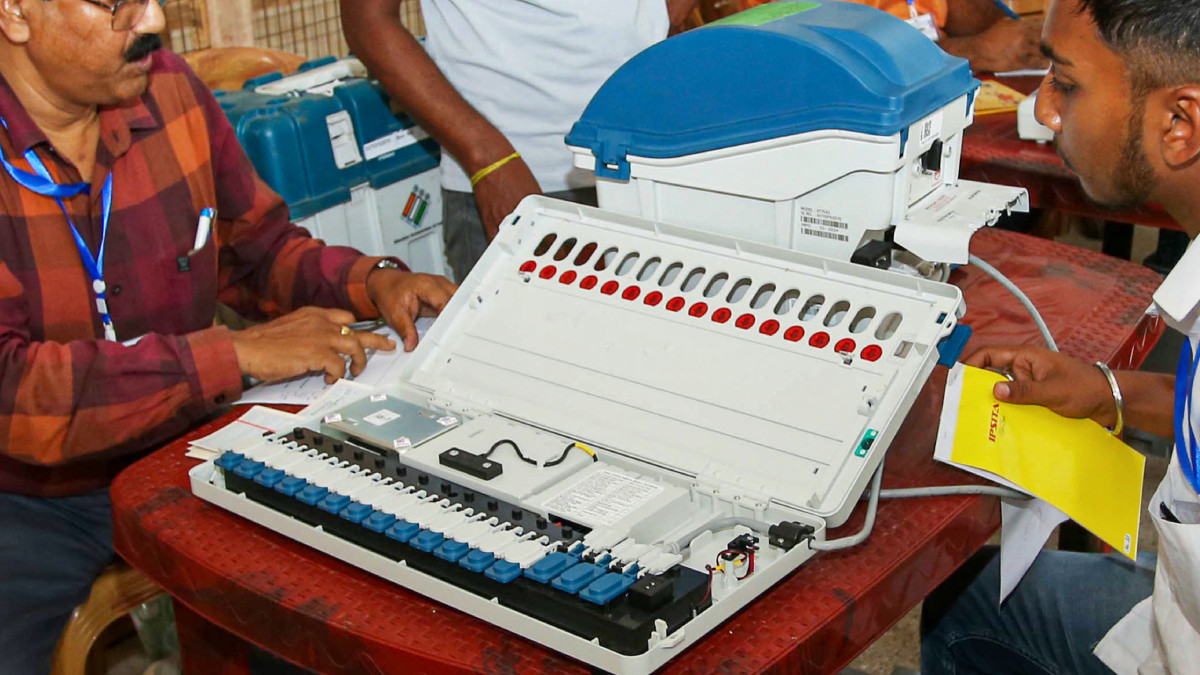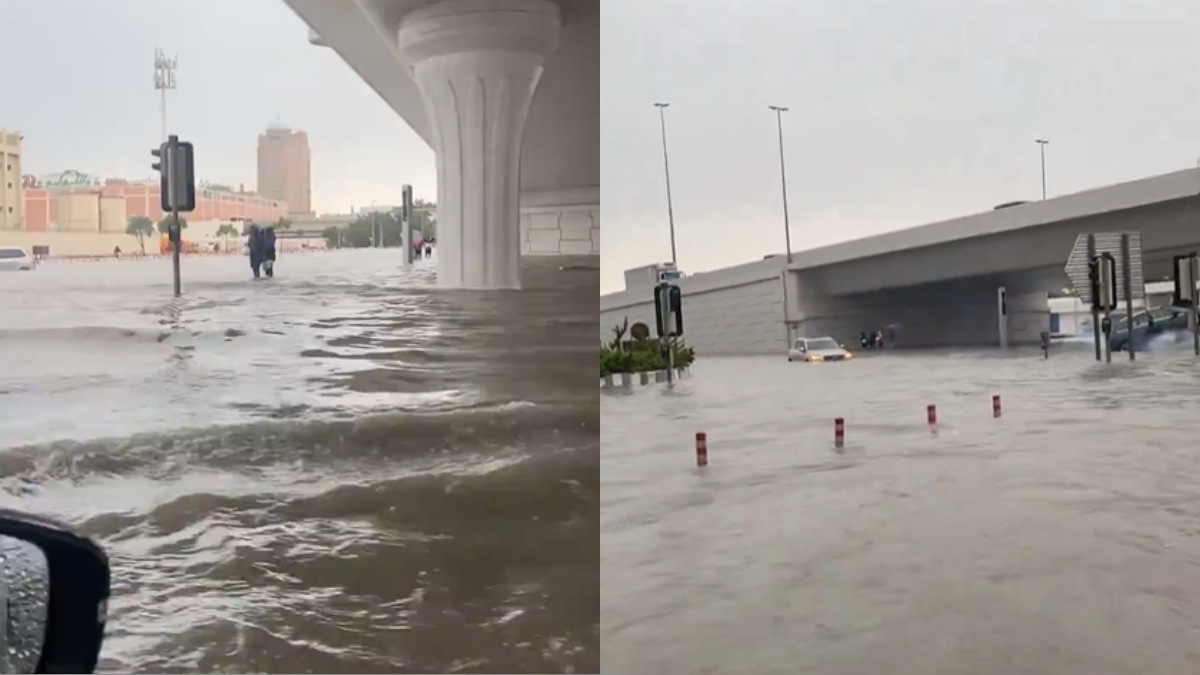
Scientists hit by fallout from loss of public confidence in climate science
London, Feb 22 (ANI): A top US academic has claimed that the fallout from a loss of public confidence in climate science is affecting other fields of research.
American opinion polls point to a general deterioration in people's faith in science, Dr Ralph Cicerone, president of the National Academy of Sciences, told The Independent.
It came after two major public relations setbacks for the global warming gurus.
One was the "climategate" scandal involving leaked emails from the Climatic Research Unit at the University of East Anglia, which led to accusations that scientists manipulated and suppressed data.
The other was an admission by the United Nations' influential climate change body that it issued flawed data about the rate at which Himalayan glaciers were melting.
Two years ago, the Intergovernmental Panel on Climate Change (IPCC) reported that the mountain range could lose all its glaciers by 2035.
But, the claim had no valid scientific backing.
Dr Cicerone said that there had been a loss of public trust in climatology that appeared to be spreading.
Polls conducted in the US had shown that people now had a worse opinion of scientists than before.
"I think the damage has spilled over to other kinds of science. I don't think it's fair, but we have to address our fundamentals in any case as we improve science. Let's do it, and I hope we can set a new level of transparency and trust," Dr Cicerone said.
Dr Cicerone pointed out that the IPCC was widely viewed as the foremost authority on climate change, adding, "the greater the stature of the institution, the harder the fall".
"The IPCC could have gone public with all the information and said, 'Here's what happened and we screwed up'," he said.
"It didn't and I think that hurts the reputation of the institution," he added.
According to Lord Rees, Astronomer Royal and president of the Royal Society, two particular aspects of climate science made it difficult to communicate to members of the public.
First, it was "diffuse and international", and secondly it was "remote in time".
"The consequences will only affect the next generation and not us," he said.
"These are the two features that make it hard to get the public exercised about the need to do something about climate change," he added. (ANI)


 Click it and Unblock the Notifications
Click it and Unblock the Notifications















